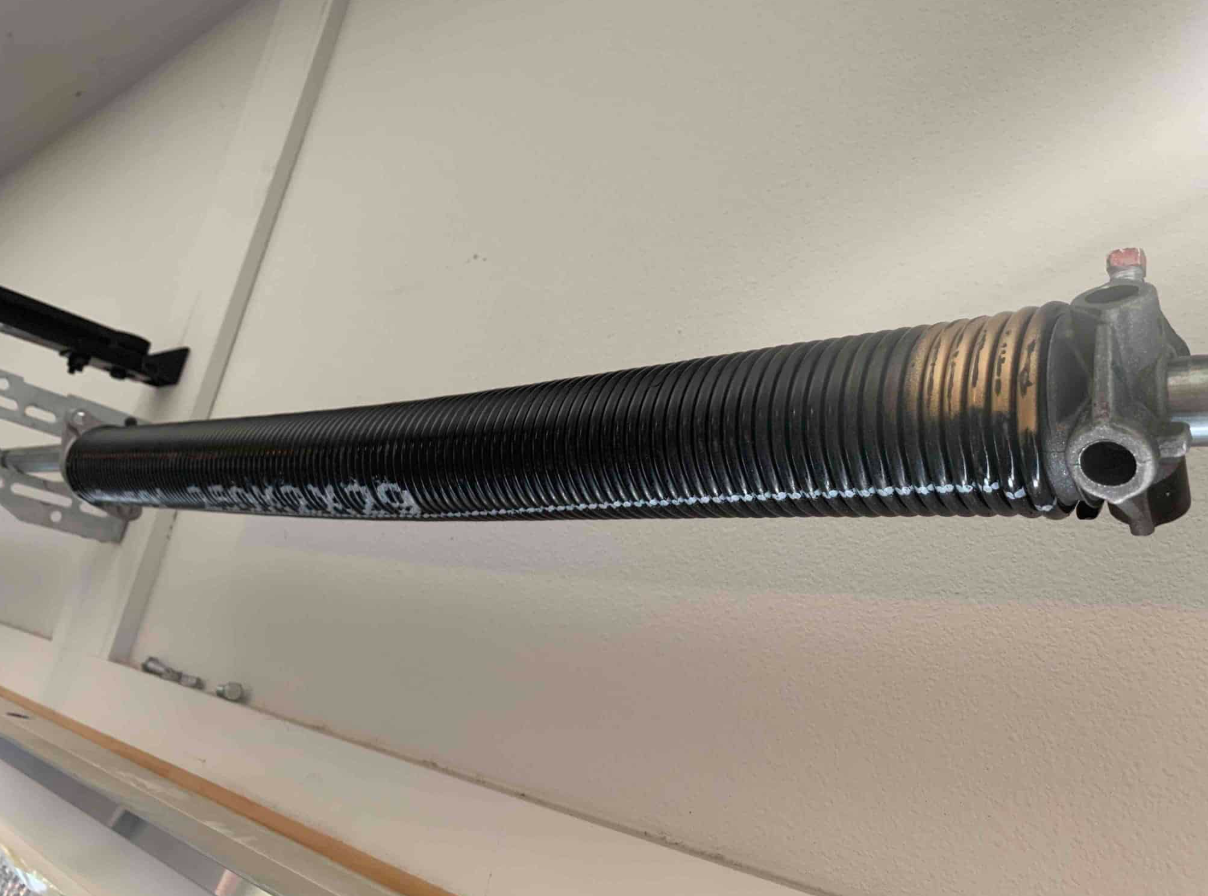
Common Garage Door Spring Problems Explained
Your garage door springs might not be the star of the show, but they’re the unspoken heroes of a smooth-operating garage door. Without them, your garage door wouldn’t budge—or worse, it might slam shut unexpectedly. This blog breaks down how garage door springs work, common issues they face, and what to do if something goes wrong. We’ll also cover the essentials of garage door spring repair to help you decide whether it’s a DIY job or time to call in the experts. By the end, you’ll know how to keep your garage door in tip-top shape and when it’s time to call the pros.
How Garage Door Springs Work
Garage door springs do the heavy lifting—literally. These tightly wound coils are responsible for bearing the weight of your door as you open and close it. Here are the two main types of garage door springs:
- Torsion Springs
Found above the garage door opening, torsion springs use torque to lift and lower the door. They’re known for being durable and can often handle more weight compared to other types.
- Extension Springs
Located on either side of the door, these springs stretch and contract as the door operates. They’re typically used in smaller garages or lighter doors.
Common Garage Door Spring Problems
- Wear and Tear
Garage door springs aren’t designed to last forever. Most have a lifespan of around 10,000 cycles (one full cycle equals opening and closing the door). Over time, this regular use can cause the springs to weaken or break.
- Rust Buildup
Rust on your garage door springs can lead to friction, making the springs work harder and wear out quicker.
- Improper Installation
If springs aren’t installed correctly, they may not distribute the weight of the door evenly, leading to uneven wear or early failure.
- Sudden Breakage
Springs that are old or worn out may snap unexpectedly. When this happens, you’ll often hear a loud noise, almost like a gunshot.
Signs Your Garage Door Spring Needs Attention
Difficulty Opening or Closing the Door
If your door feels heavy, moves erratically, or won’t open at all, it’s a strong sign your garage door spring is malfunctioning.
Visible Gaps in the Spring
A broken torsion spring will often show a noticeable gap in its coil. Check the springs occasionally for any visible damage.
Loud Noises
If you hear creaking, squeaking, or sudden bangs when using your garage door, don’t ignore it. It could mean the springs are under stress.
Why Ignoring Spring Problems Is Dangerous
Faulty garage door springs aren’t just inconvenient—they’re dangerous. A snapped spring can cause the garage door to slam shut unexpectedly, posing a risk to people, pets, or vehicles. Additionally, continued use of a door with damaged springs can lead to further damage, increasing repair costs.
When to Call a Professional
If your garage door springs are damaged or broken, calling a professional like Garage Door Repair Foxleigh is your safest bet. Professionals have the tools, experience, and knowledge to handle the high tension in springs safely and correctly. Don’t risk turning a repair into an accident—leave it to the experts.

